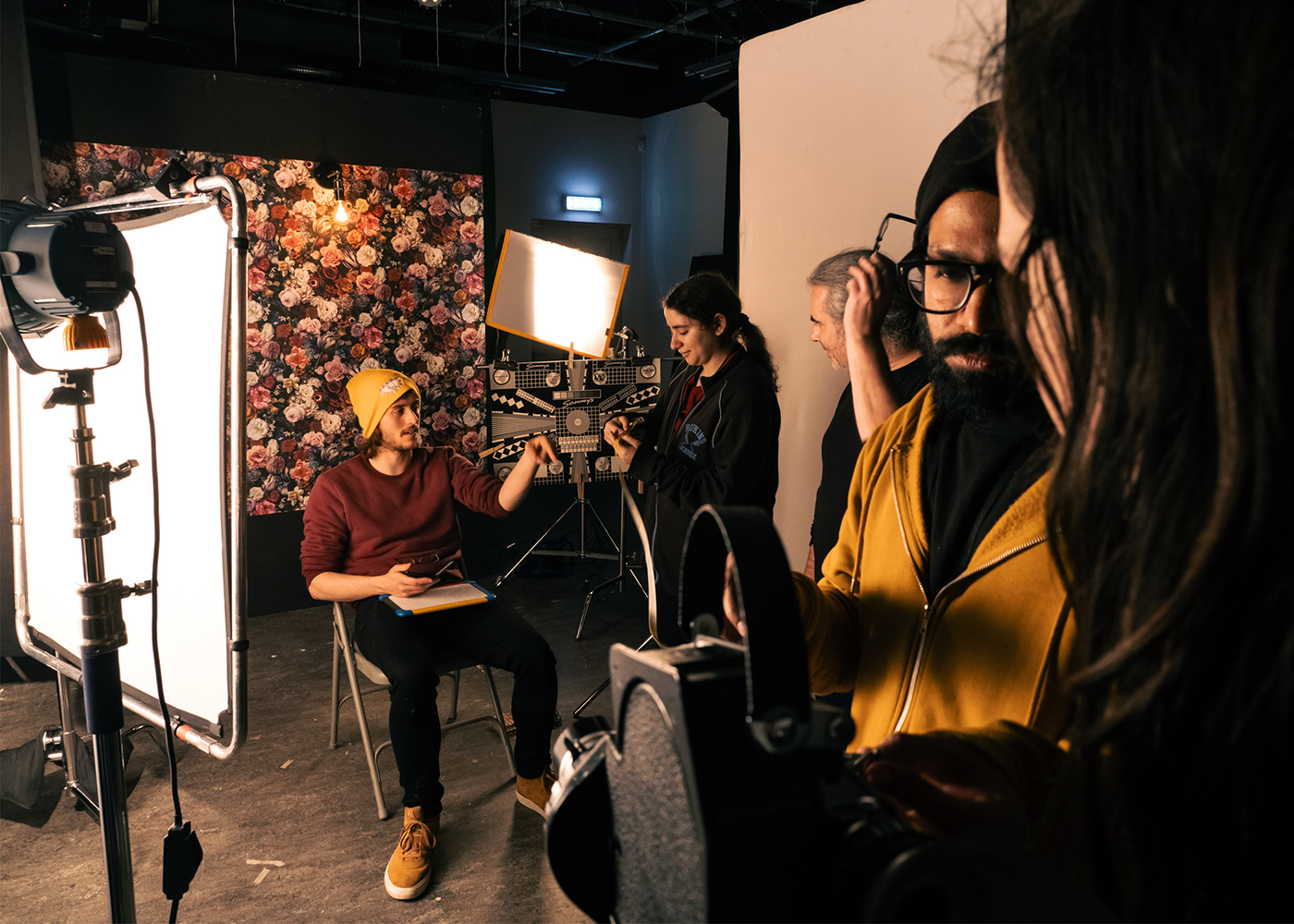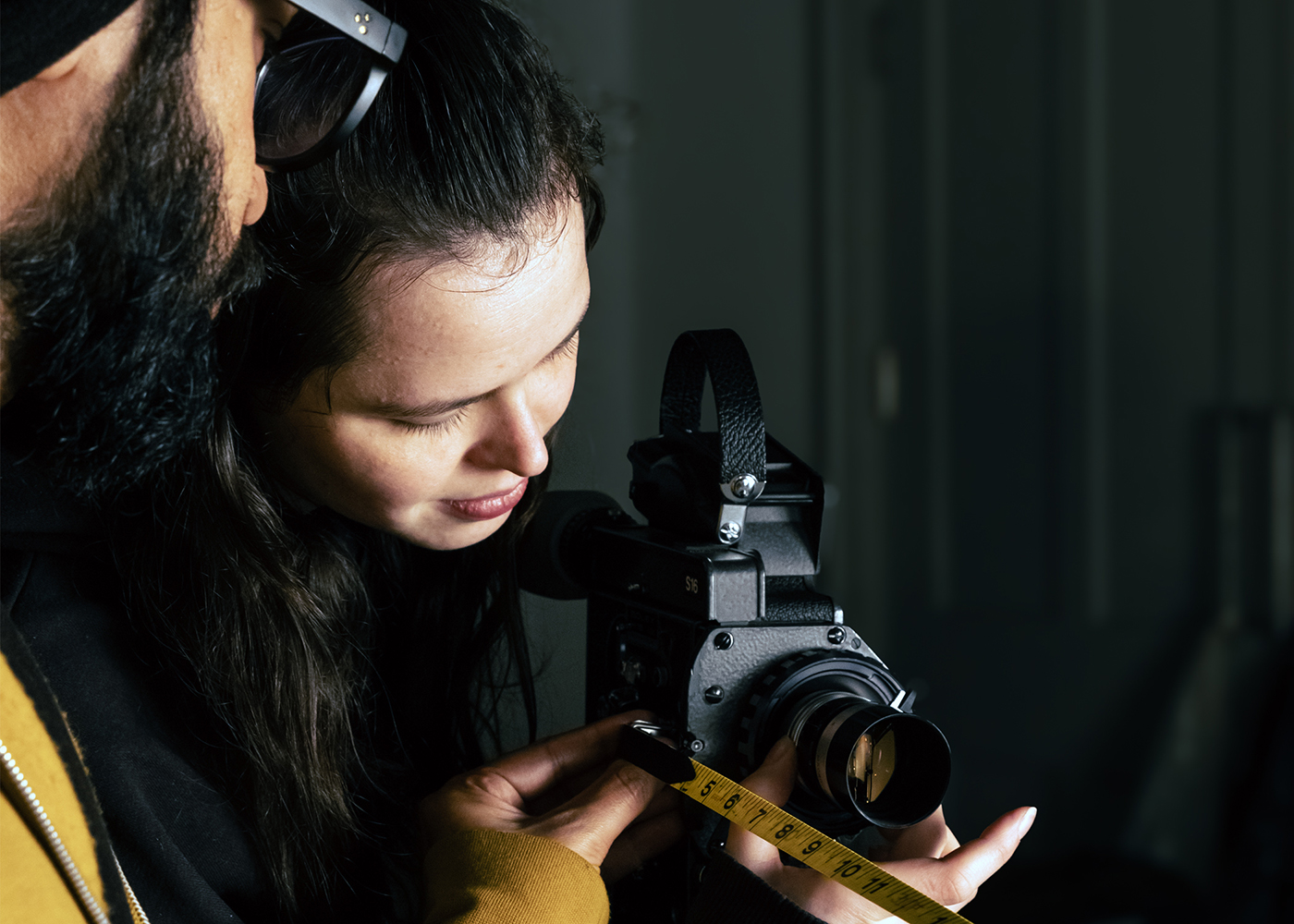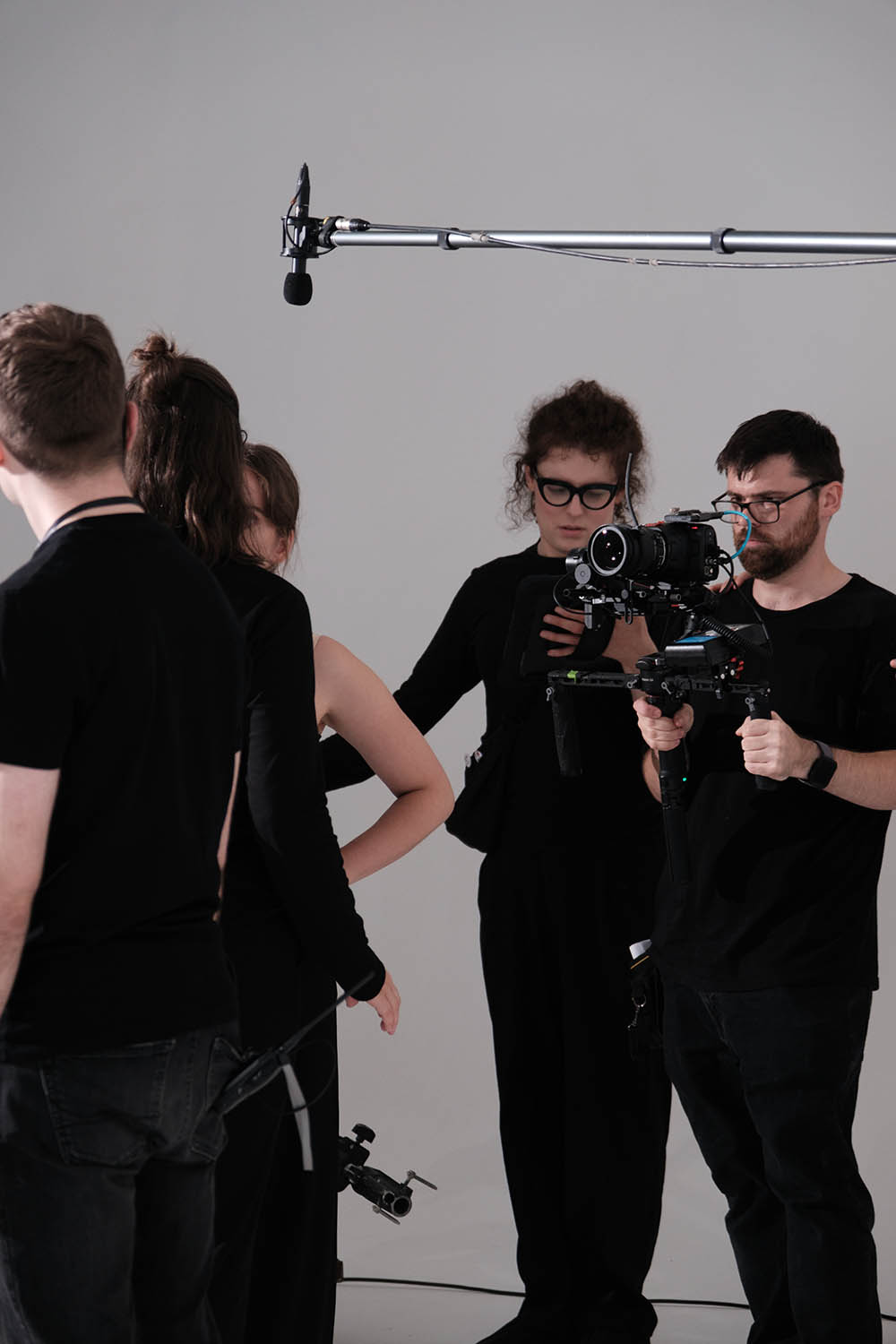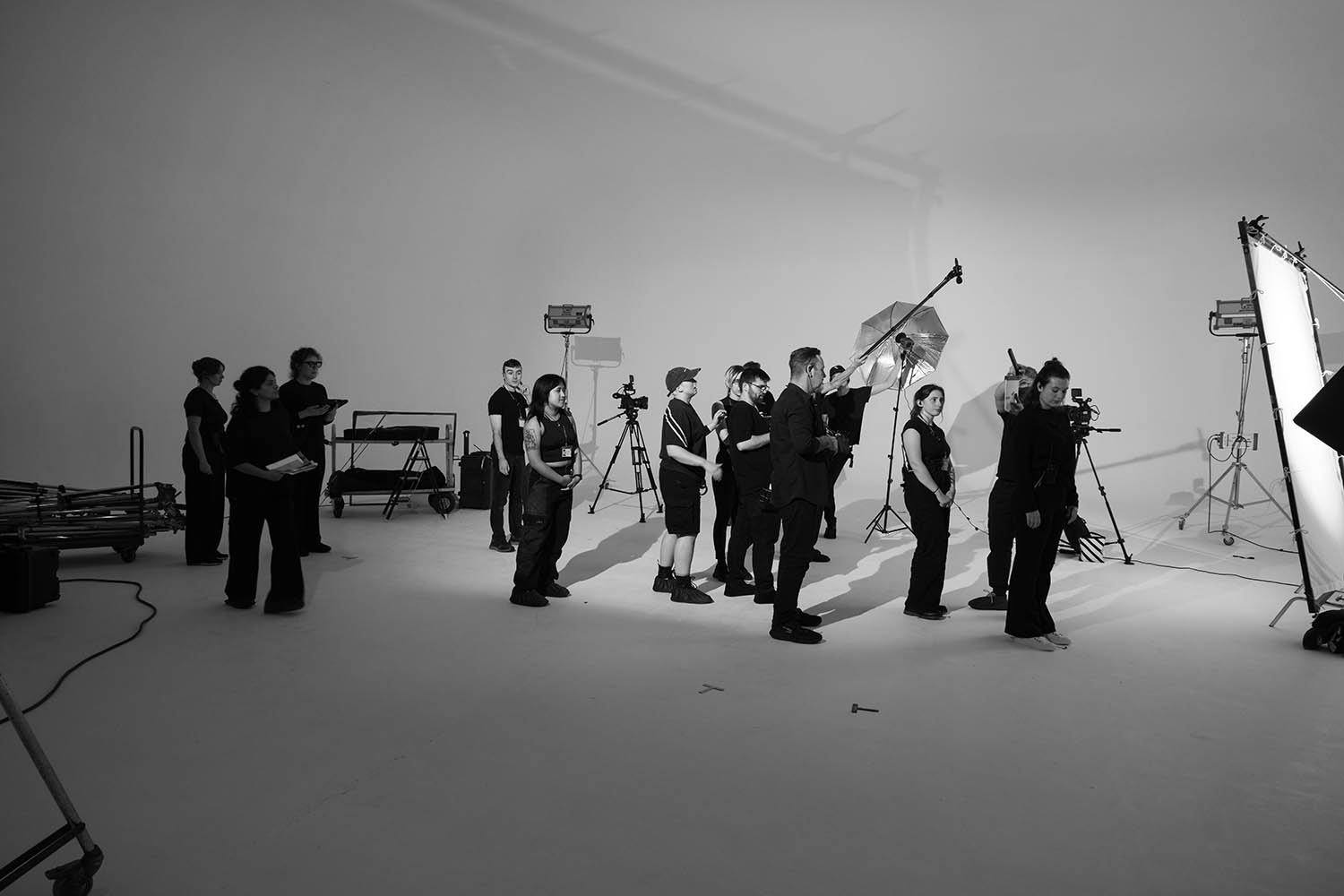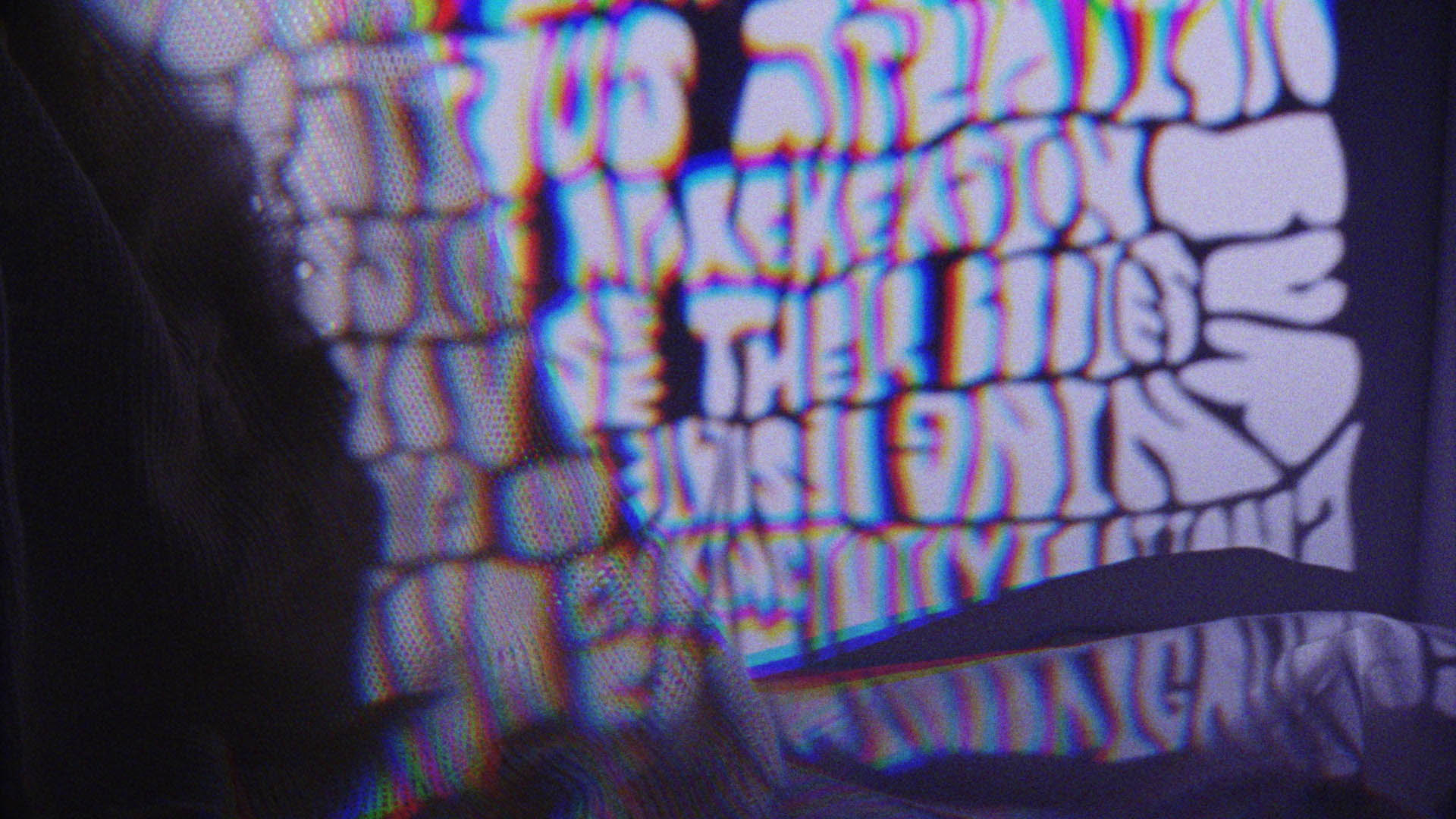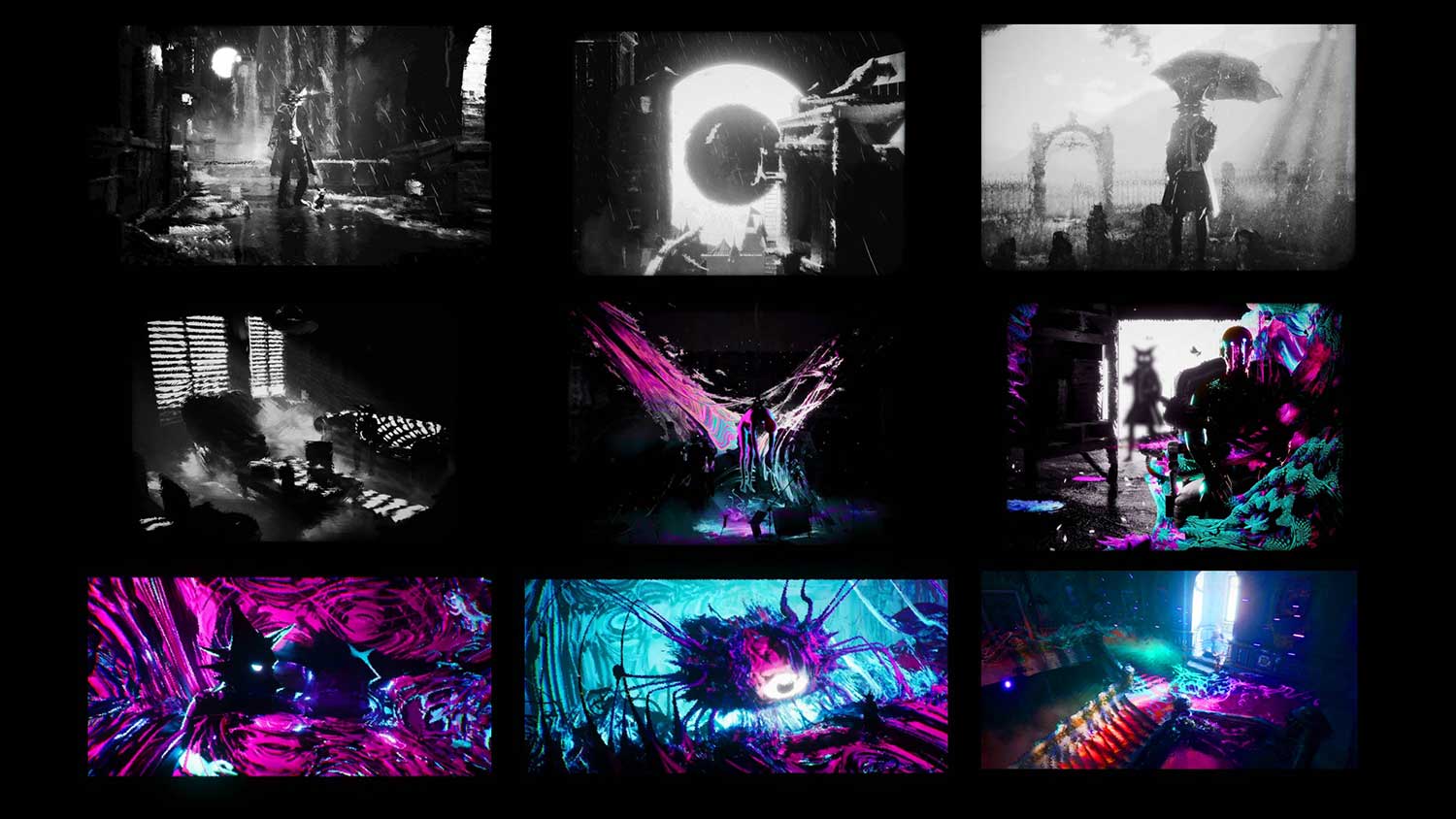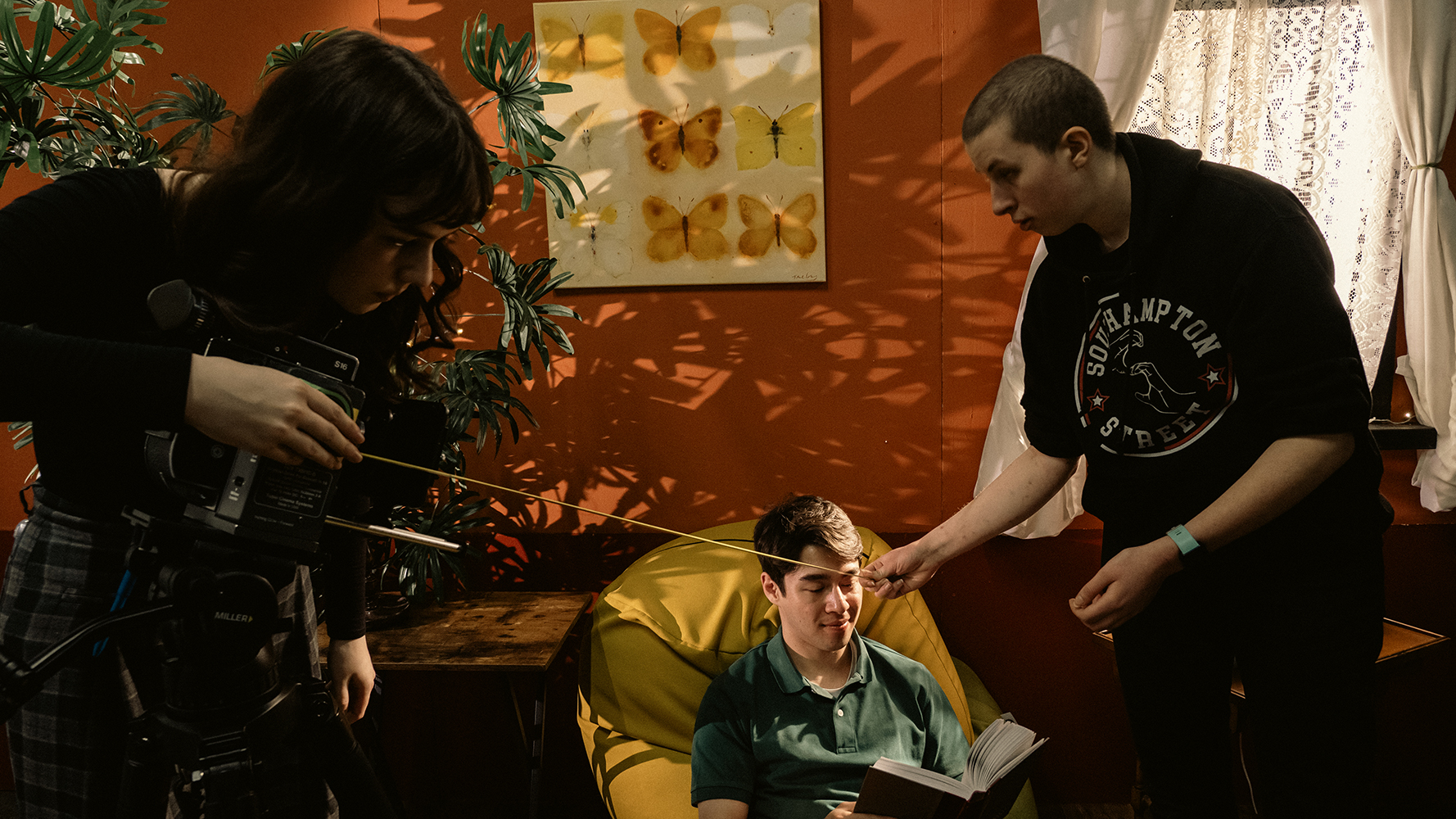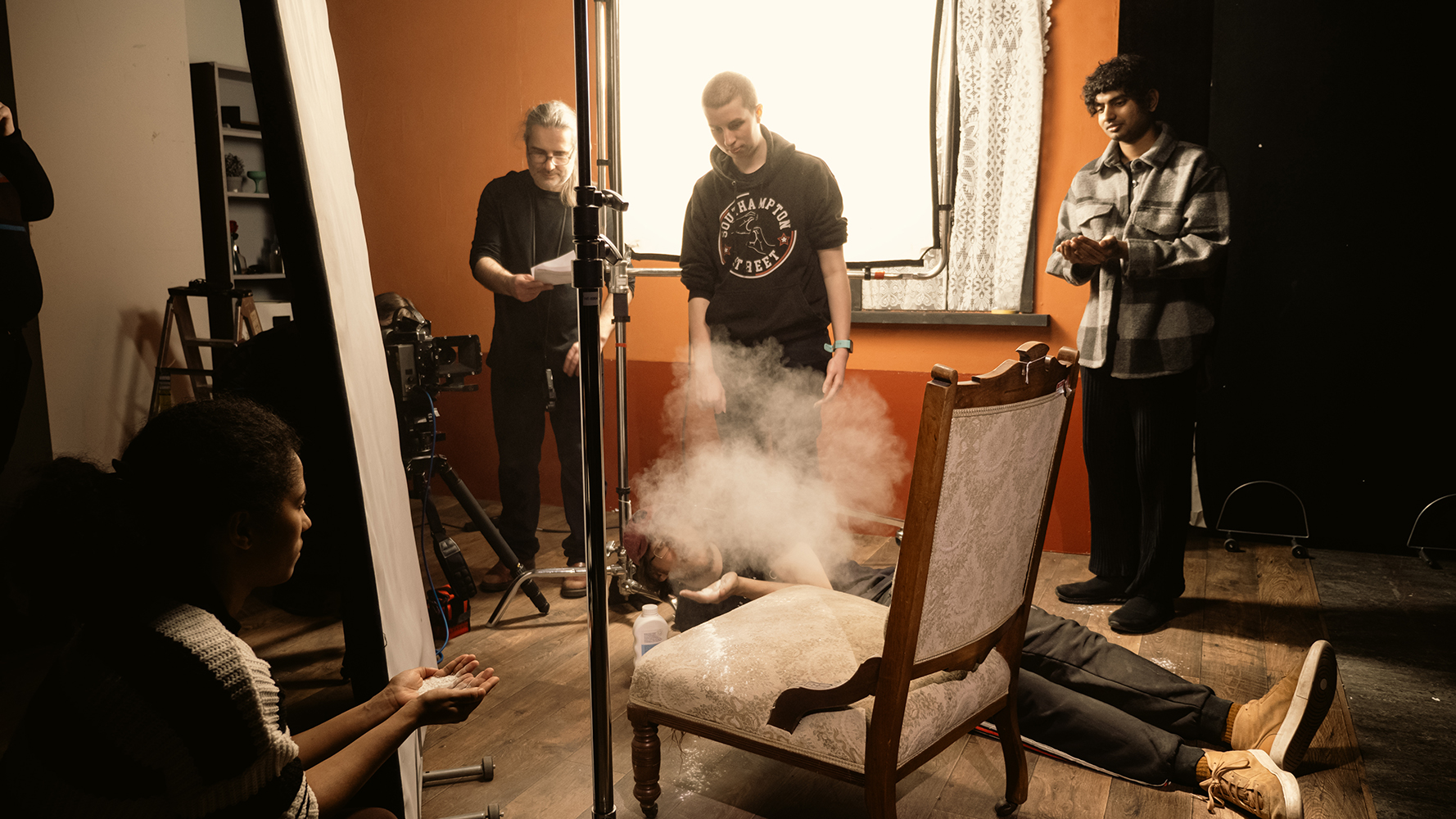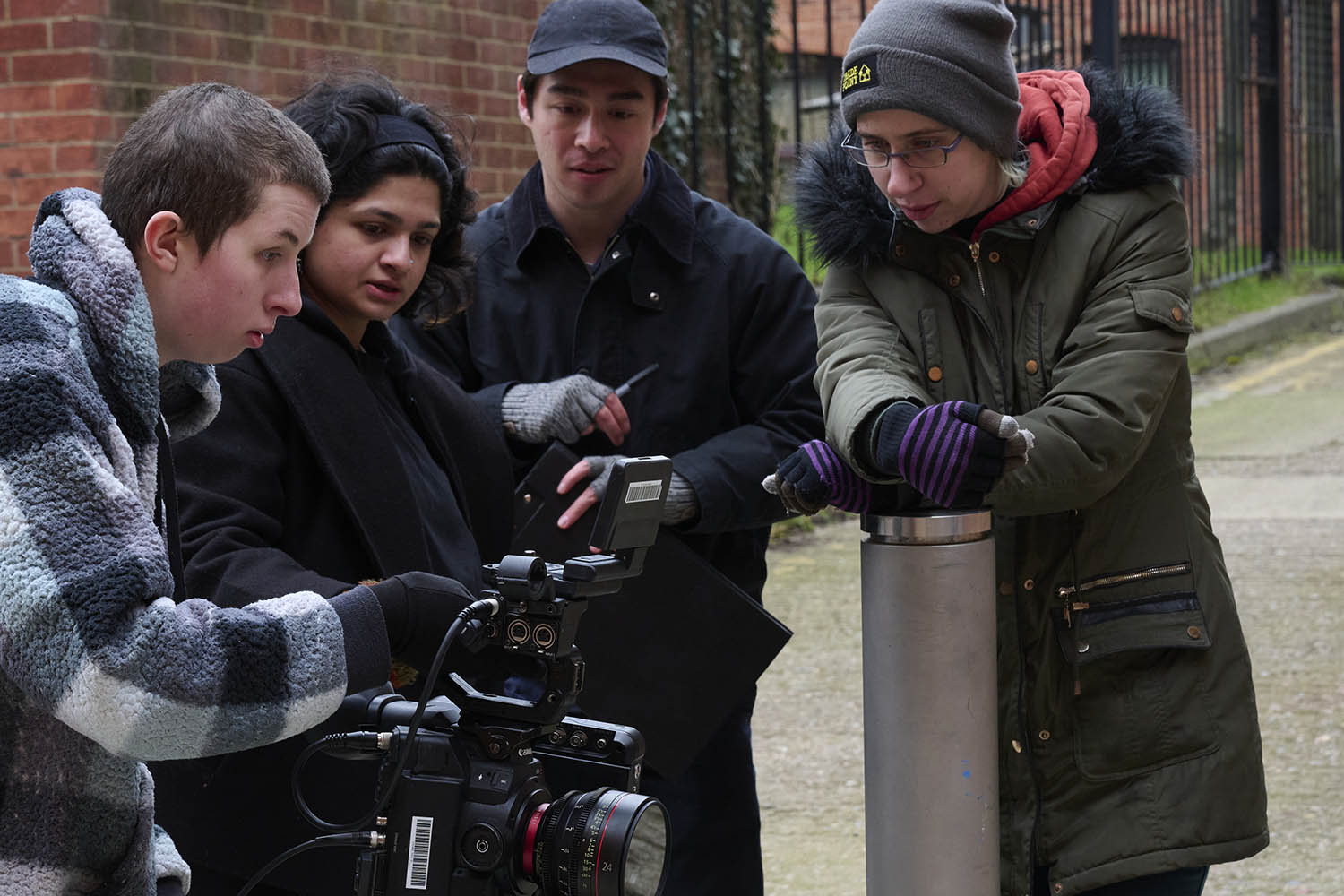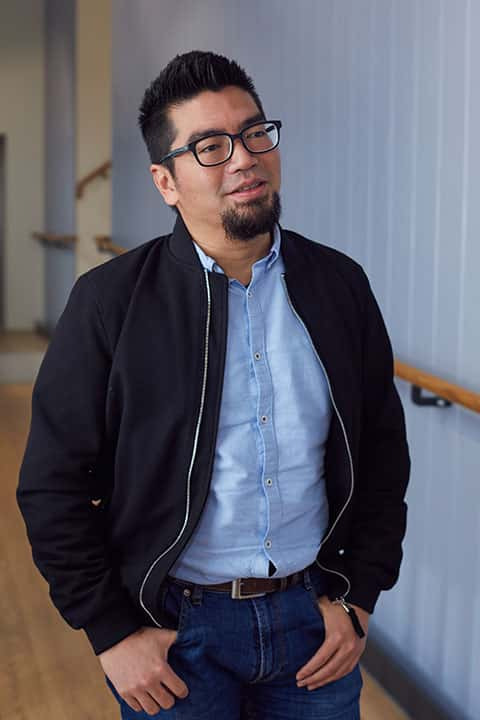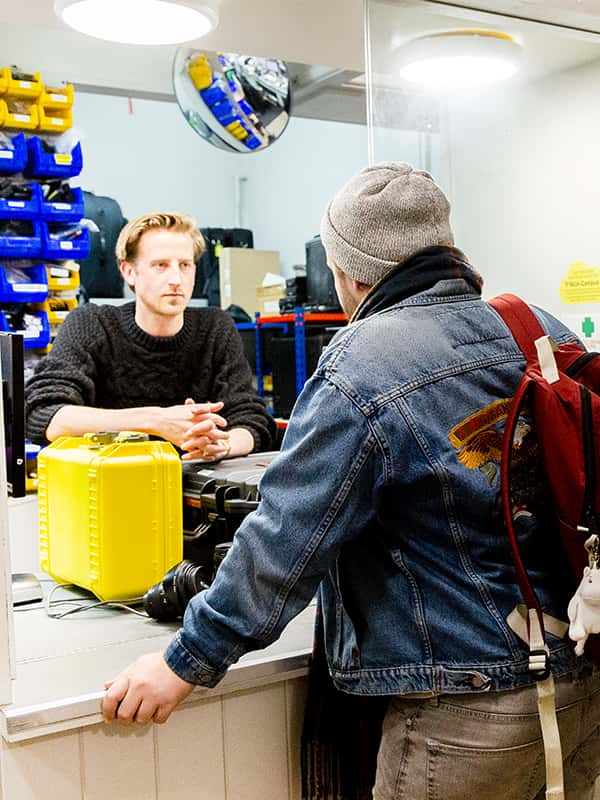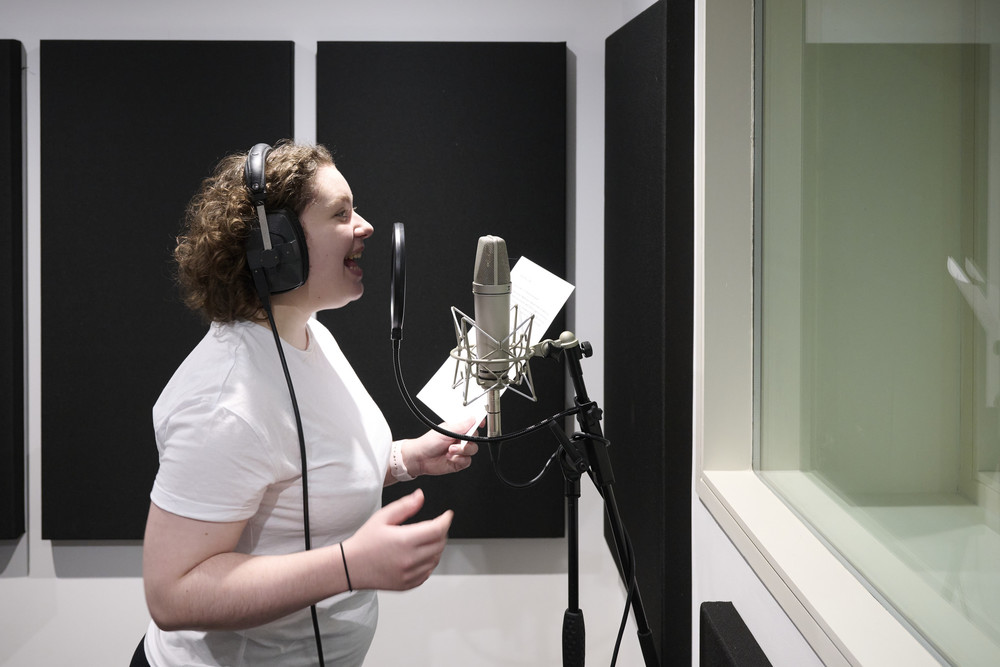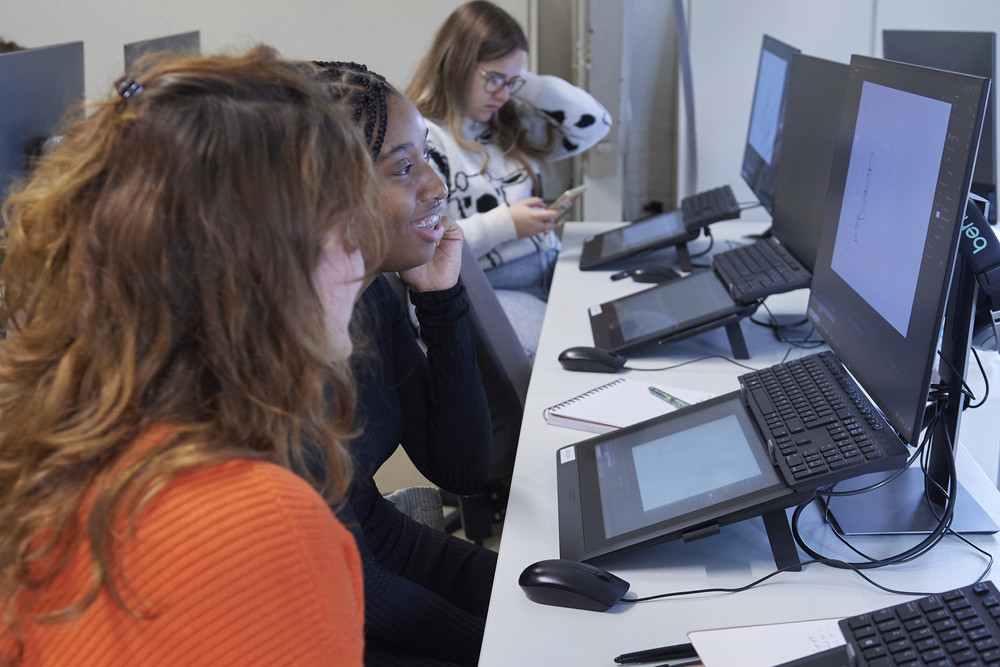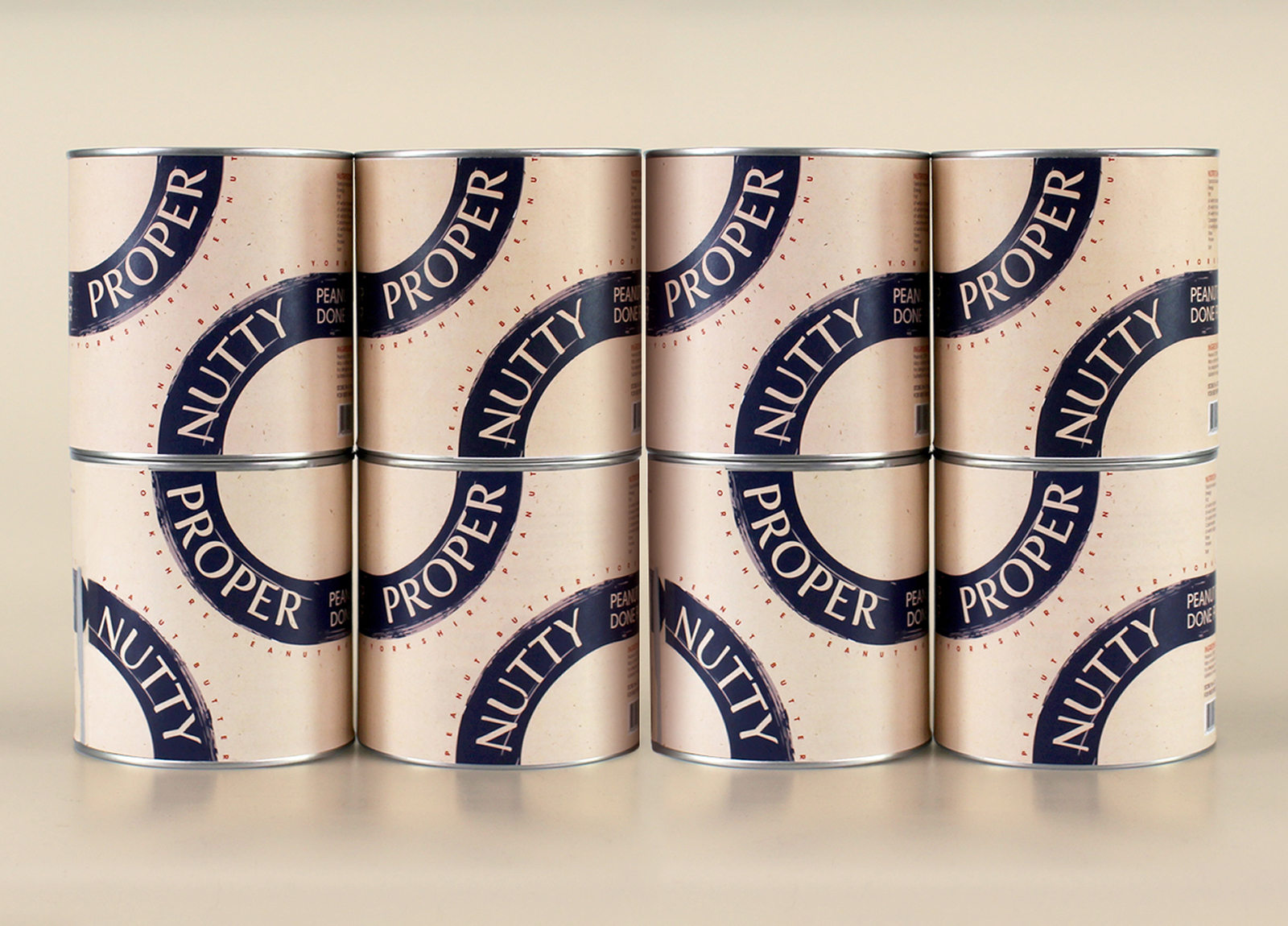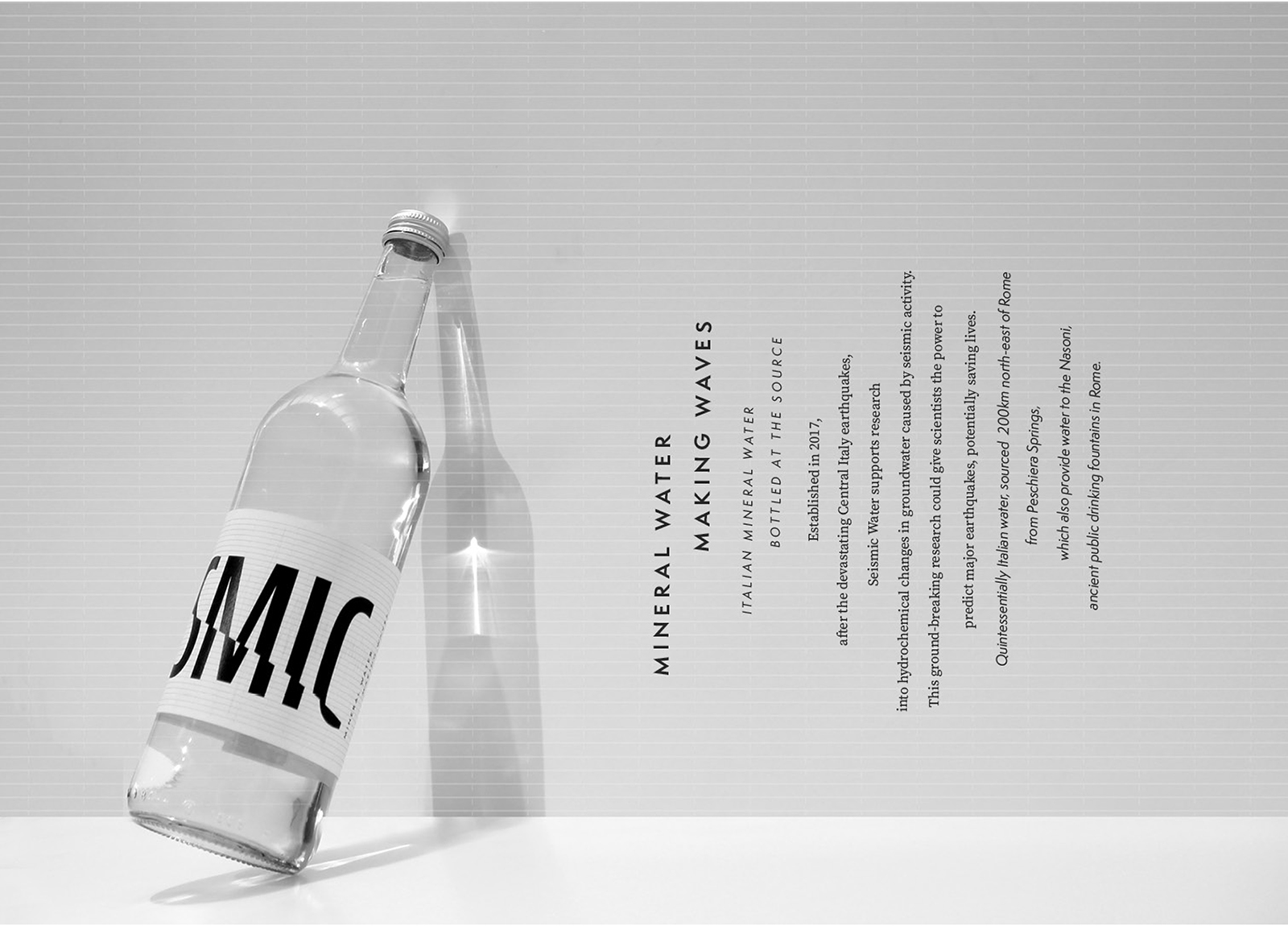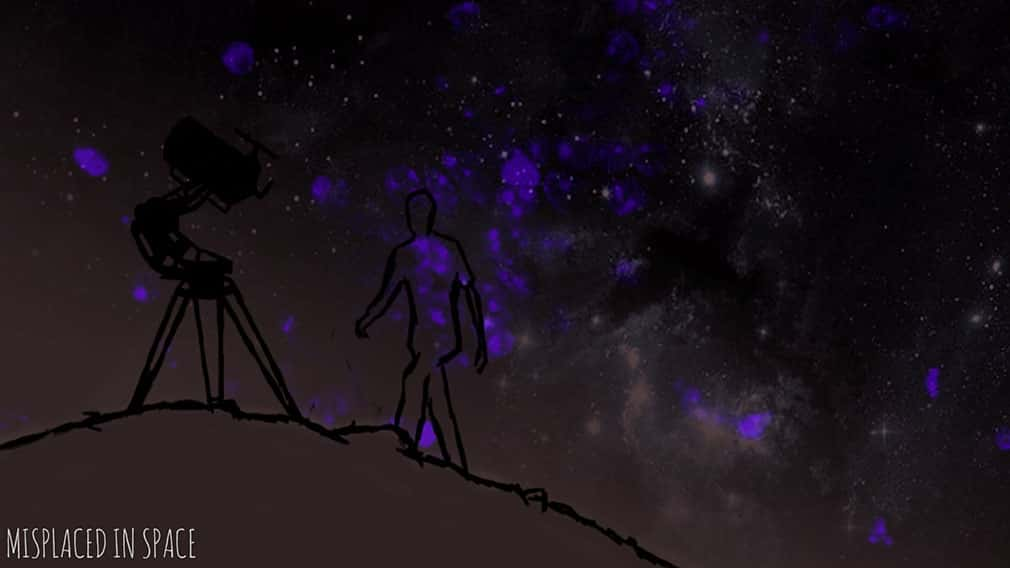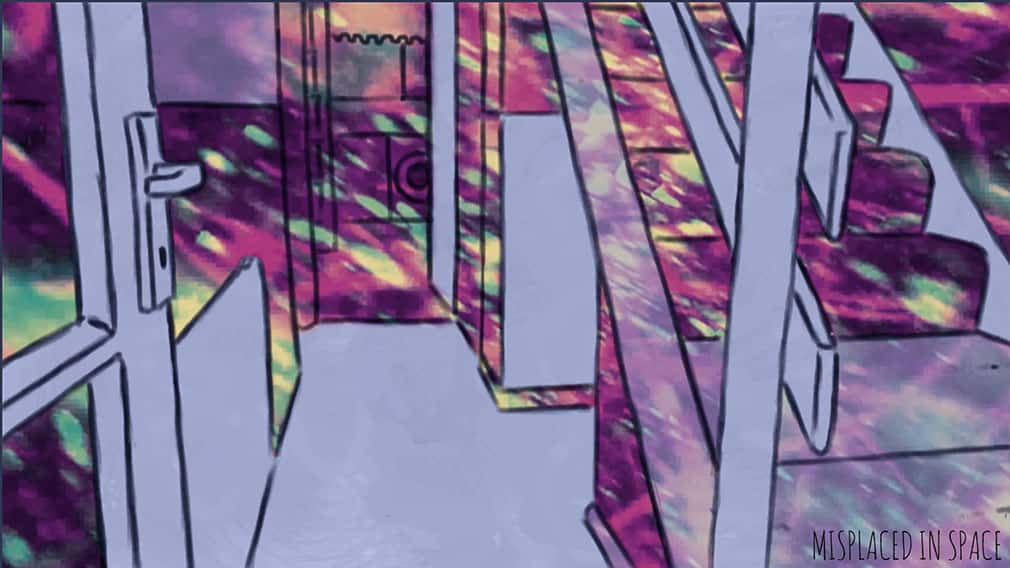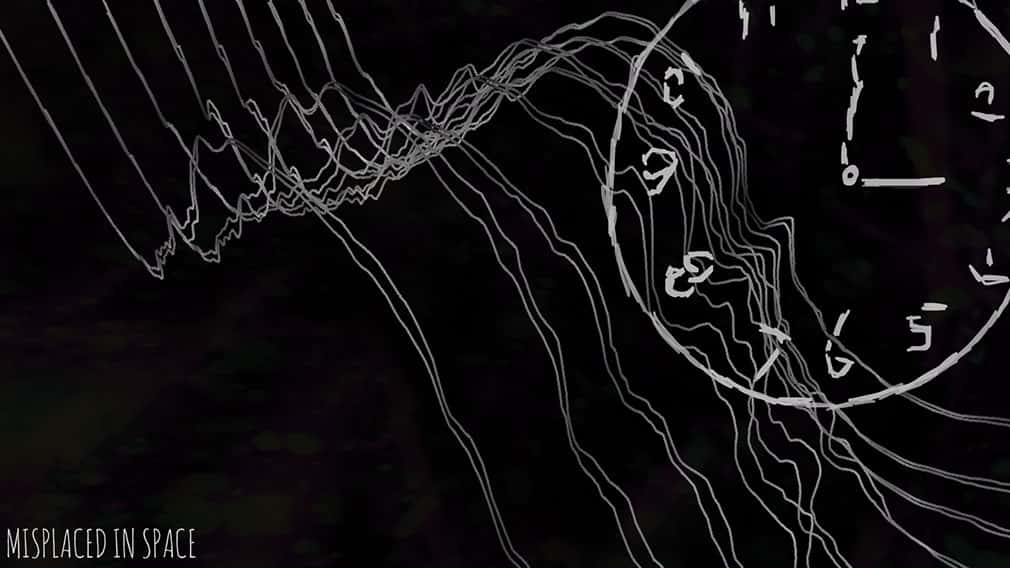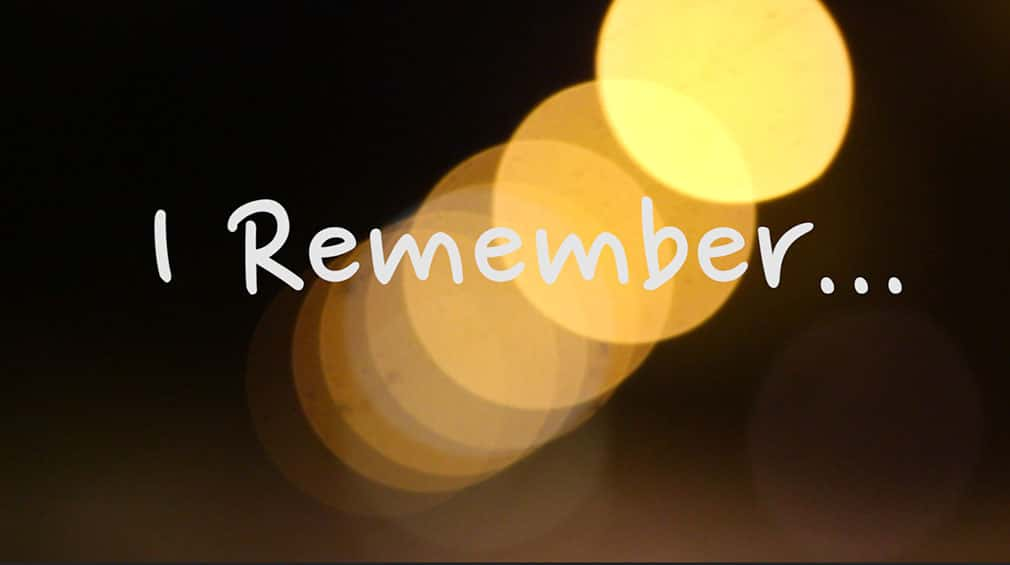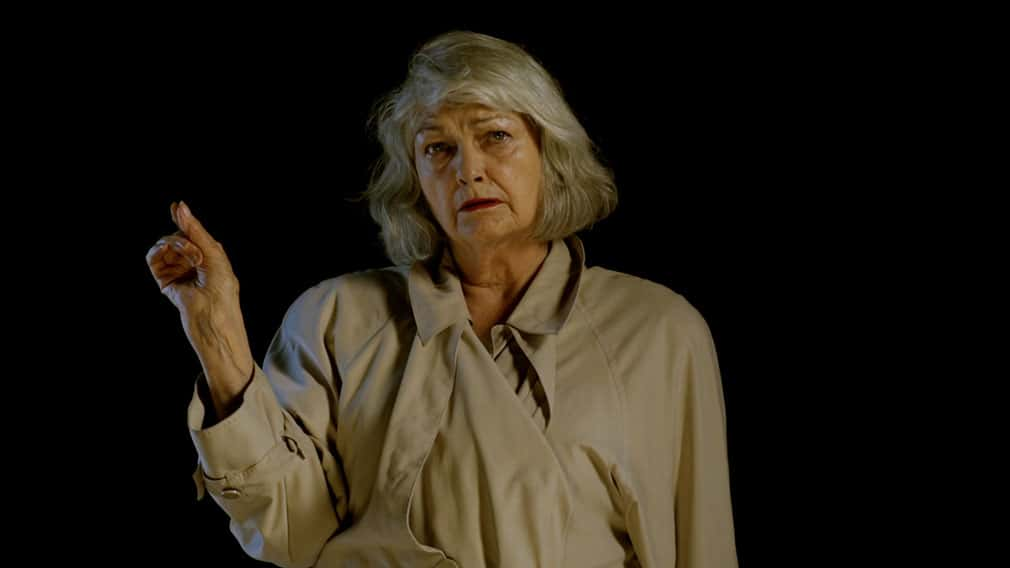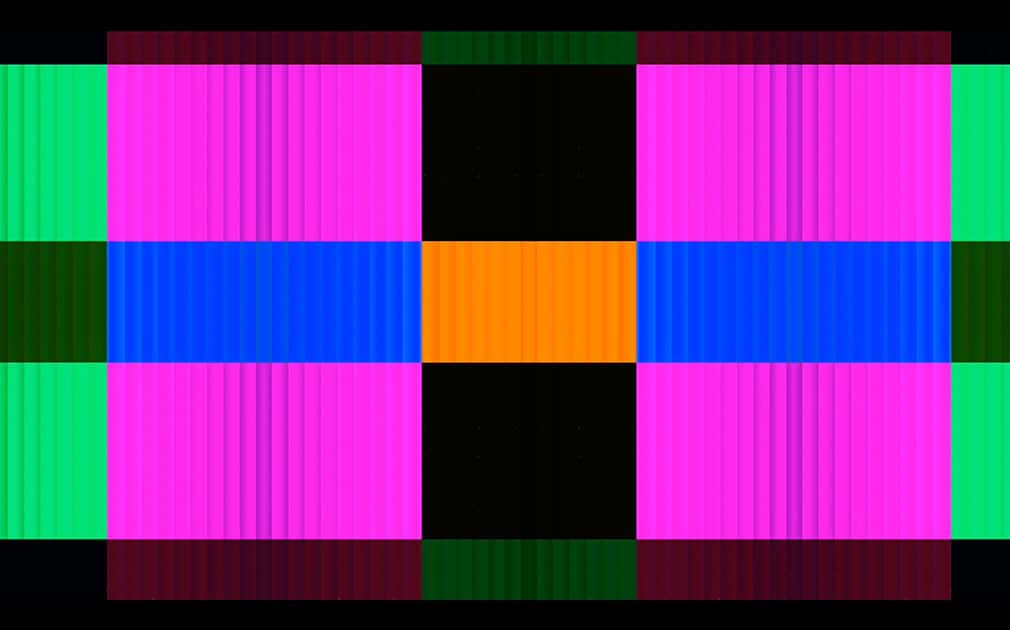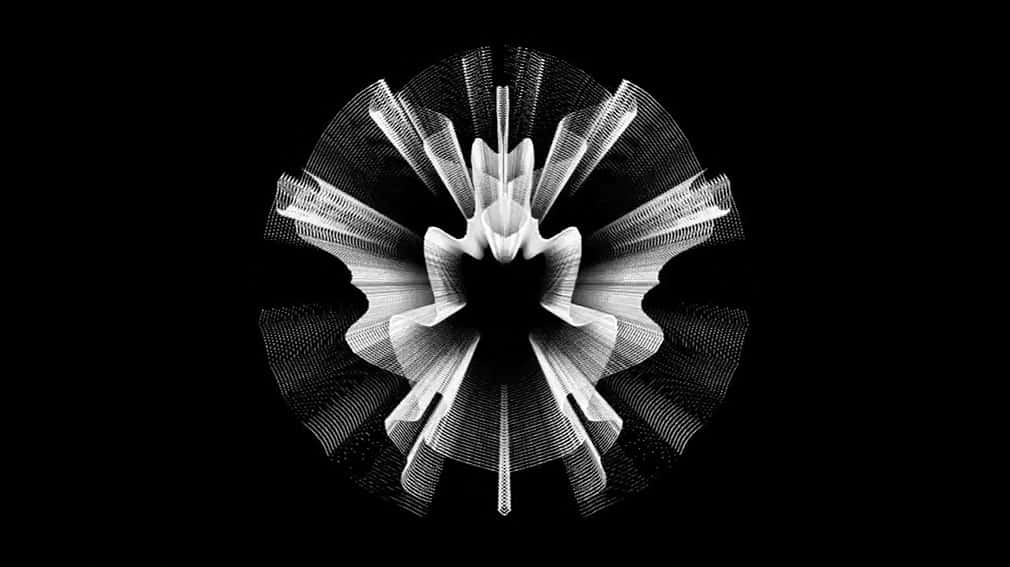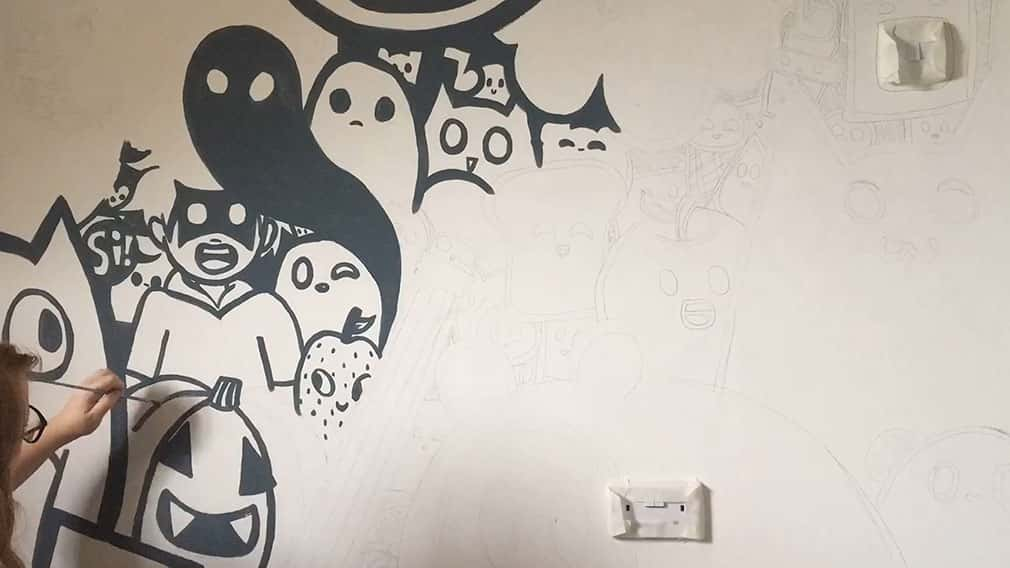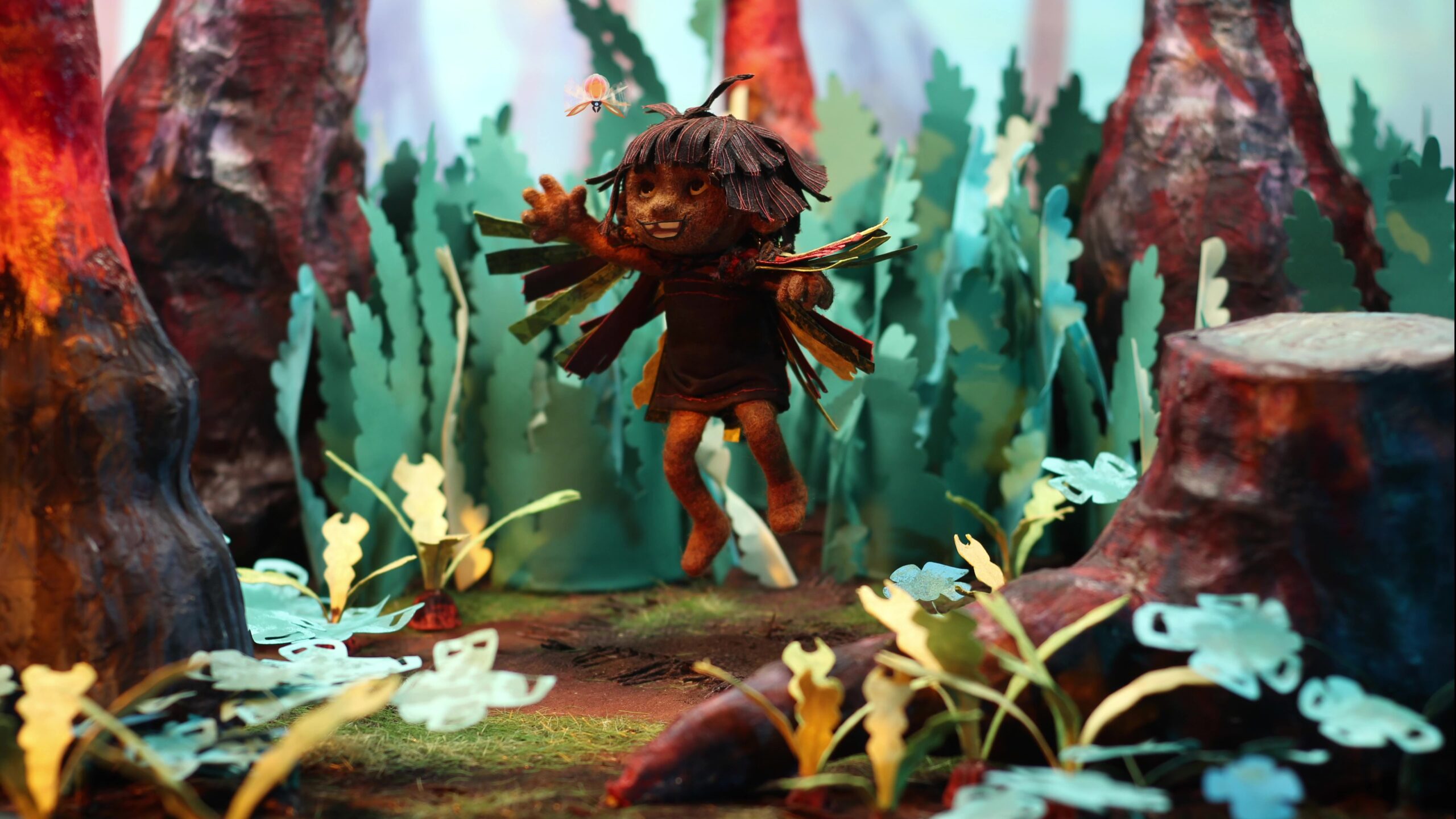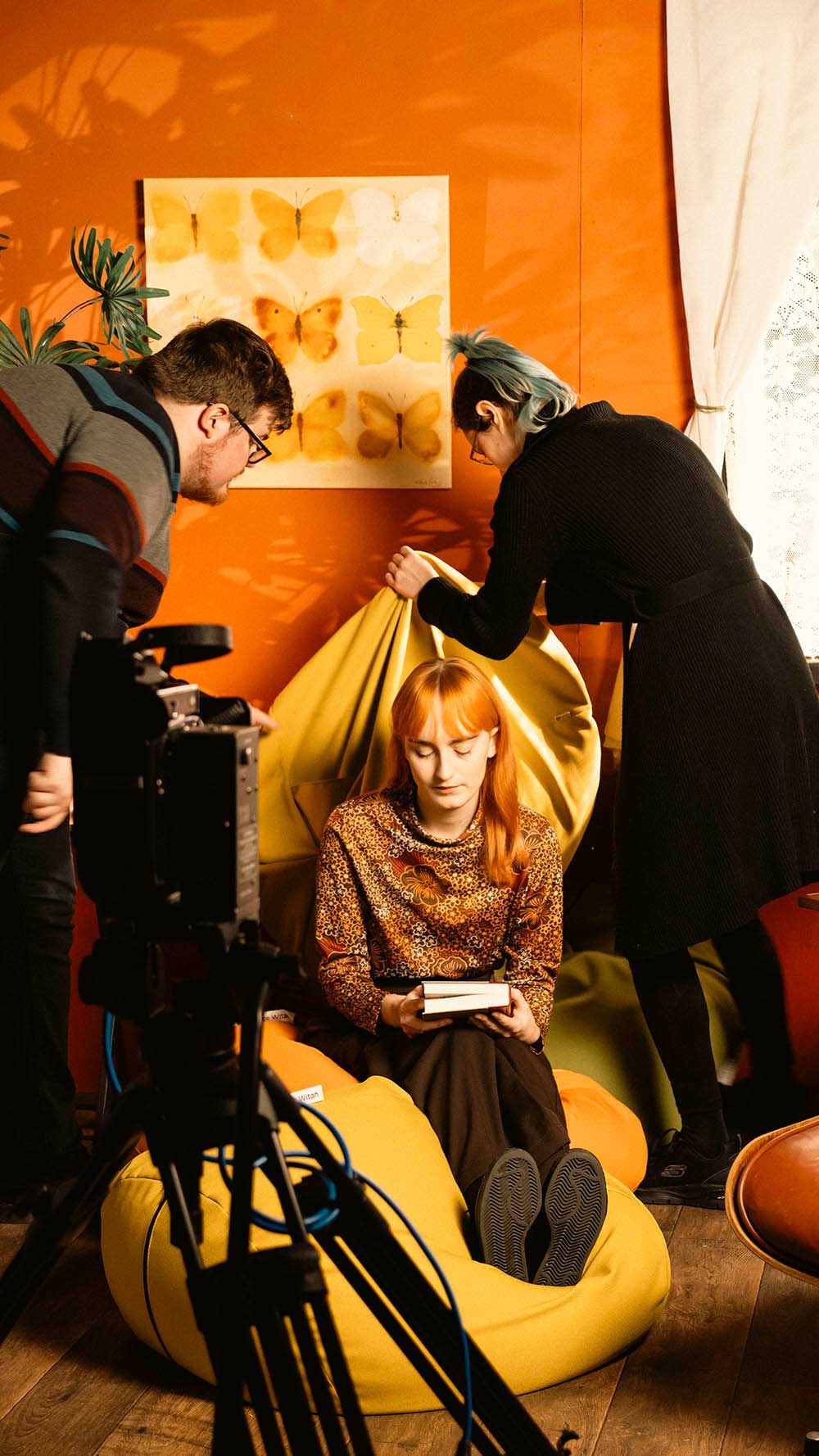
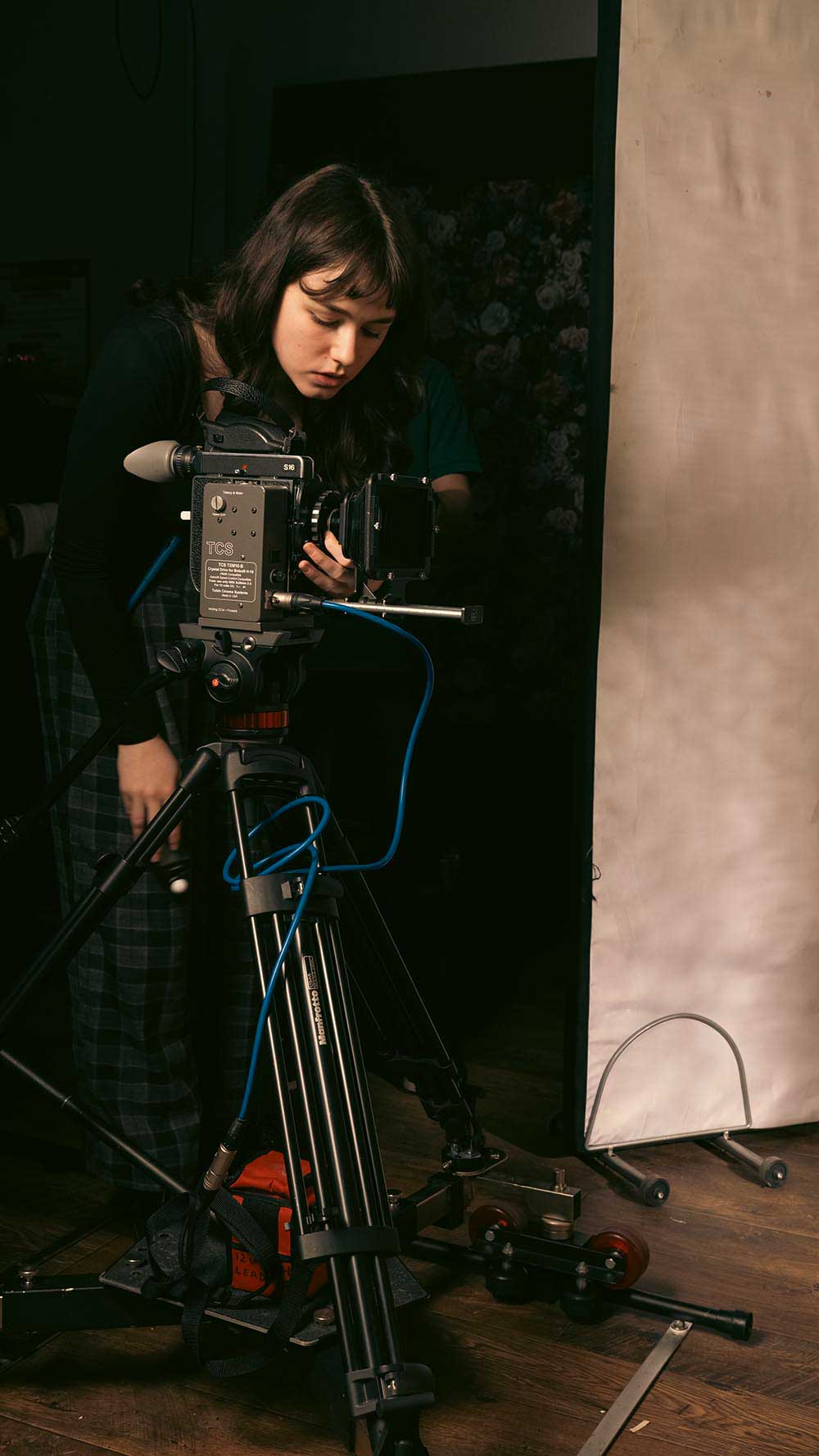
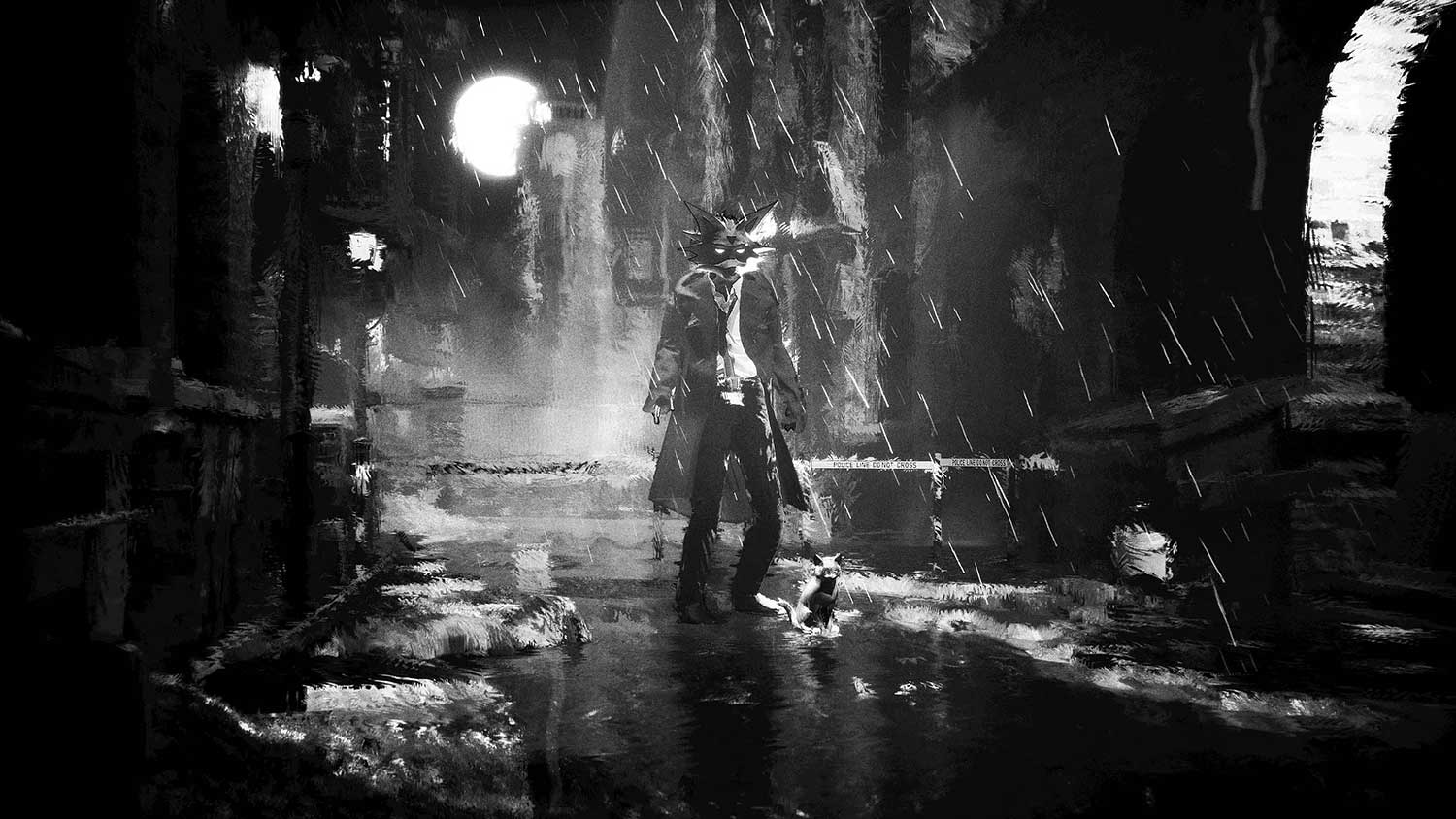
Film MA
Take your film practice to new heights, refine your technical skills, and explore the cultural and historical context of your work.
-
Course Duration
Full-time 1 year, part-time 2 years
-
Annual Fees
- Home (full-time) £10,400 or (part-time, over 2 years) £6,500 per year
- Overseas (full-time) £18,860
-
Course Start
September 2026
- How to Apply Request a prospectus (opens in a new window)
MA Film (previously MA Moving Image and Sound) offers an innovative and collaborative exploration of film as a versatile medium for storytelling, artistic expression, and social commentary. Through a blend of theoretical, critical inquiry and hands-on production workshops, you will push the boundaries of film and sound to create impactful and ethically conscious work. You will challenge conventions and experiment through text, image, sound, multimedia, emerging digital technologies, and content structures. The course will support you to develop your unique voice as a filmmaker to create original and innovative work.
The course provides comprehensive training in all aspects of film production, including producing, screenwriting, directing, cinematography, production design, sound design, and editing. Through engaging in professional processes from preproduction to post-production, you will acquire practical and critical skills necessary for creating impactful work. By working within the UK production frameworks, you’ll gain a thorough understanding of legal, moral, and ethical standards, aligning your practice with industry expectations and standards like the BFI Diversity Standards.
Why study with us
-
Preparation for Advanced Professional Roles
Gain proficiency in various aspects of film production, including screenwriting, directing, cinematography, sound design, and editing, enabling you to create innovative and original work.
-
Interdisciplinary Approach
Engage with a broad range of creative disciplines through collaboration with other postgraduate students enriching your learning experience and broadening your perspective
-
Professional-Level Resources
Access a range of facilities including dedicated media labs, editing suites, and screening rooms.
-
Ethical and Inclusive Research
Explore the ethical, moral, and social dimensions of filmmaking, focusing on creating content that adheres to BFI Diversity Standards and promotes sustainability.
-
Professional Portfolio Development
Throughout the course, develop a comprehensive portfolio that showcases your skills and creativity, preparing you for a successful career in the film industry. This portfolio will be a key asset in demonstrating your ability to communicate complex ideas through visual media.
Course Details
This programme is a one-year course including 30 weeks of direct teaching time and a 15-week final project. You will need to complete three units and one 60-credit Major Project (180 credits in total). All units on the course are compulsory and must be passed in order to complete the award. If you study part-time your modules will be split across two years.
For full course details including aims and assessment criteria, download the course specification.
Core Practice and Context (60 Credits)
This unit launches your Masters’ study experience at Norwich. It is designed to expand your research capabilities by exploring a range of ideas, issues, materials, and processes relevant to your discipline and career aspirations. You’ll delve into social, economic, environmental, technological, and ecological factors shaping the global landscape. Central to this unit is engagement with the UNESCO 17 Goals for Sustainable Development, which will inform your creative goals and practices. This research will serve as a foundation for exploring various filmmaking approaches—fictional, factual, and experimental. You’ll critically evaluate contemporary influences and their relevance to your practice, culminating in the creation of a Reflective Research Report. The learning experience is enriched through workshops, peer discussions, critiques, and evaluations, providing a collaborative environment for growth and innovation in film and screen media.
Collaborative Challenge (30 credits)
This unit addresses current and evolving issues in the film industry, including sustainability, new technologies, and inclusivity. It emphasises a creative, cross-disciplinary approach, encouraging students to experiment with a range of filmmaking techniques that challenge and expand their existing practices. Within a supportive environment, students collaborate on projects involving real-world scenarios aligned with the UN Sustainable Development Goals or live projects with external clients. The unit focuses on teamwork, critical thinking, and developing a distinctive directorial or production voice under the guidance of industry-experienced tutors. It culminates in a group submission and an individual reflective summary, with a strong emphasis on independent study, practical skills development, and engagement with the dynamic landscape of film and media.
Project Design and Development (30 credits)
This unit focuses on developing skills essential for designing and executing a creative or research project in the field of film. It provides a comprehensive toolkit for undertaking major projects and prepares students for further academic or industry research. Students will be introduced to a wide range of research methods from the arts, humanities, and social sciences, and will learn how to adapt these techniques to suit their unique film projects. The unit combines independent study with expert-led tutorials, enabling students to gain a deep understanding of project planning, ethical considerations, and the use of both digital and analogue tools. By the end of the unit, students will produce a contextual review, a detailed project plan, and an ethics review, laying the groundwork for their major project. This preparation helps students establish a distinct creative voice, preparing them for professional success.
Major Project (60 Credits)
This unit forms the culmination of your Master’s study in which you will design, develop, and execute a major project, individually or collaboratively. The Major Project unit is a self-directed study period where you will deeply explore your creative vision and articulate it to diverse audiences. This unit requires you to produce a professional-level body of work, demonstrating a deep understanding of your specialism and situating your work within broader socio-cultural contexts. You will be encouraged to push the boundaries of filmmaking offering new insights and employing innovative research methods. Your project includes all stages of production, with regular supervisor check-ins. The final outcomes should be persuasive and relevant in both local and global contexts, showcasing your professional relevance in today’s rapidly changing media landscape.
Download course specifications
Learning and teaching
The course is delivered through a variety of engaging learning and teaching methods.
-
Lectures
-
Seminars
-
Tutorials
-
Technical labs
-
Independent and group work
Assessment
Our assessment methods will vary based on the unit you choose and provide a comprehensive measure of your learning and progress. These methods may include:
- Critically reflective essay
- Course work
- Presentations
- Learning journal
- Reflective evaluation
- Body of creative work
- Reflective research report
- Team project evaluation
- Major project
- Supporting documentation
Some of the people you’ll be working with
Our Facilities
Look around our city-centre campus, and you will find studios, media labs, and creative spaces in 13 buildings that sit among the cafés, bars, independent galleries and shops of Norwich’s cultural quarter.
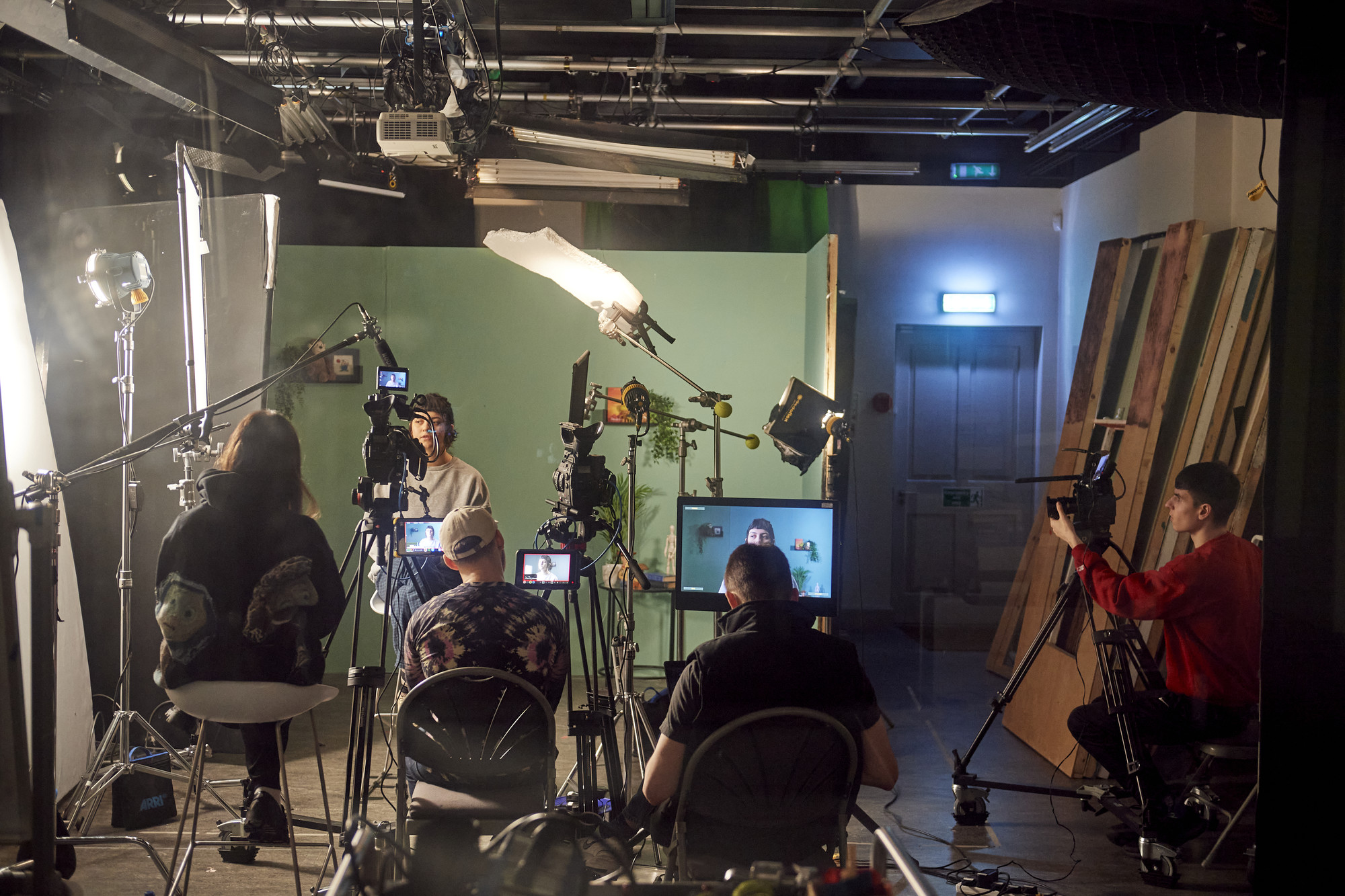
Typical career paths
The MA Film course at Norwich University of the Arts provides opportunities to develop your film practice and strive for collaboration. Through experimentation with concepts, storytelling and processes, you’ll broaden your knowledge of, and approach to, filmmaking, finding your artistic voice in either fictional, factual, or experimental film form.
Our graduates’ work has been recognised and won awards at numerous film festivals, regionally and nationally. Our alumni have roles across the industry and have participated in TV programmes and feature films, as well as associating with film festivals, art organisations, academic institutes and pursuing PhD studies.
- Audio visual production
- Film
- Motion graphics
- CGI
- 2D and 3D animation
- Scripting and narrative
- Pre and post production
- Teaching/lecturing
- Research/PhD study
The UK’s creative sector is thriving, contributing £111.7 billion annually to the economy and offering over 2 million jobs.
Department for Digital Culture Media and Sport (DCMS)
Entry Requirements
Entrants should normally have achieved a BA (Hons) / BSc Degree of 2:1 or above (or its equivalent), in a subject related to your proposed course of study.
Applicants who hold a Degree from another discipline may also be considered for entry, subject to the submission of a satisfactory portfolio of art, design or media-related work in support of their application.
Those with industry experience or relevant skills from non-traditional backgrounds are encouraged to apply, including individuals currently employed. If you’re unsure about your eligibility, please contact us for guidance before applying.
English language requirements (International/EU)
If English is not your first language, IELTS 6.5 (or equivalent) is required, with a minimum of 5.5 in reading, writing, listening, and speaking. we also accept other English language qualifications.
International Qualifications
We accept a wide range of qualifications from all over the world.
For information on entry requirements from your country, see our international pages.
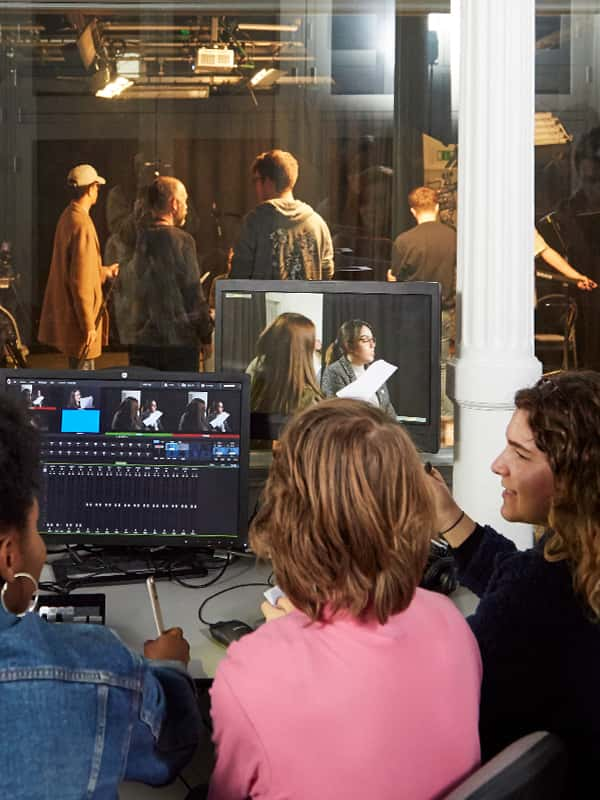
Fees and funding
Home
Tuition fees for the 2026/27 academic year
- Full time: £10,400
- Part time: £6,500 per year
The level of fee that you will be asked to pay depends on whether you’re classed as a UK
(home) or international student. Check your fee status.
Fees for subsequent years
The rules for inflation on fees in subsequent years depend on the type of fee status and level
For Home and overseas postgraduate degree students starting in 2025, fees will remain the same for each year of your course.
Funding your study
Depending on your circumstances, you may qualify for a bursary, scholarship or loan to help fund your study and enhance your learning experience. Find out more about scholarships and funding.
International
Tuition fees for the 2026/27 academic year
- Full time: £18,860
The level of fee that you will be asked to pay depends on whether you’re classed as a UK
(home) or international student. Check your fee status.
Fees for subsequent years
The rules for inflation on fees in subsequent years depend on the type of fee status and level
For home and overseas postgraduate degree students starting in 2026, fees will remain the same for each year of your course.
Funding your study
We offer a range of scholarships and bursaries for international students. To find out more and see if you’re eligible, please visit the scholarships for international students page.
Additional costs
Your course fees cover the cost of studies, and include loads of benefits, such as the use of our library, support from our expert employability team, access to workshops and free use of the IT equipment across our campuses. There are also other costs which you may need to consider.
How to apply
Home
Applications to our postgraduate courses should be made directly to Norwich University of the Arts using a Postgraduate Application Form.
Applications should be returned to admissions@norwichuni.ac.uk
Please see our Terms and Conditions and Admissions Policies for further details.
International
Postgraduate applicants can only apply directly by completing the below online application form or emailing the downloadable form to ioadmissions@norwichuni.ac.uk
International students requiring a visa should apply as soon as possible in the year they wish to start. Email our International Team for more information. Please see our Terms and Conditions and Admissions Policies for further details
-
Emma Smith
Graphic Design BA (Hons)
Emily Fisher
Film MA
Emma Bates
Film MA
Leo Baldwin-Ramult
Film MA
Marian Saunders
Film MA
Ranieri Spina
Film MA
Bonnie Scott
Film MA
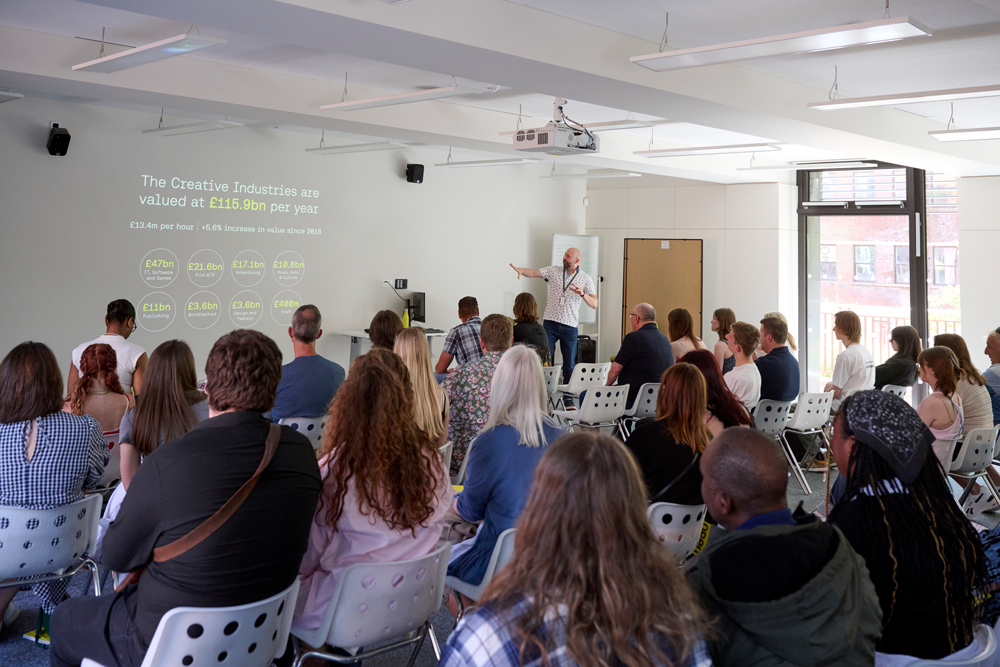
Latest news
-
 BA Animation •
BA Animation •Cutting edge Sony Virtual Production Studio puts Norwich on the map for the future of film and gaming
Norwich University of the Arts and Sony open new landmark facility for students, creators and the community. -
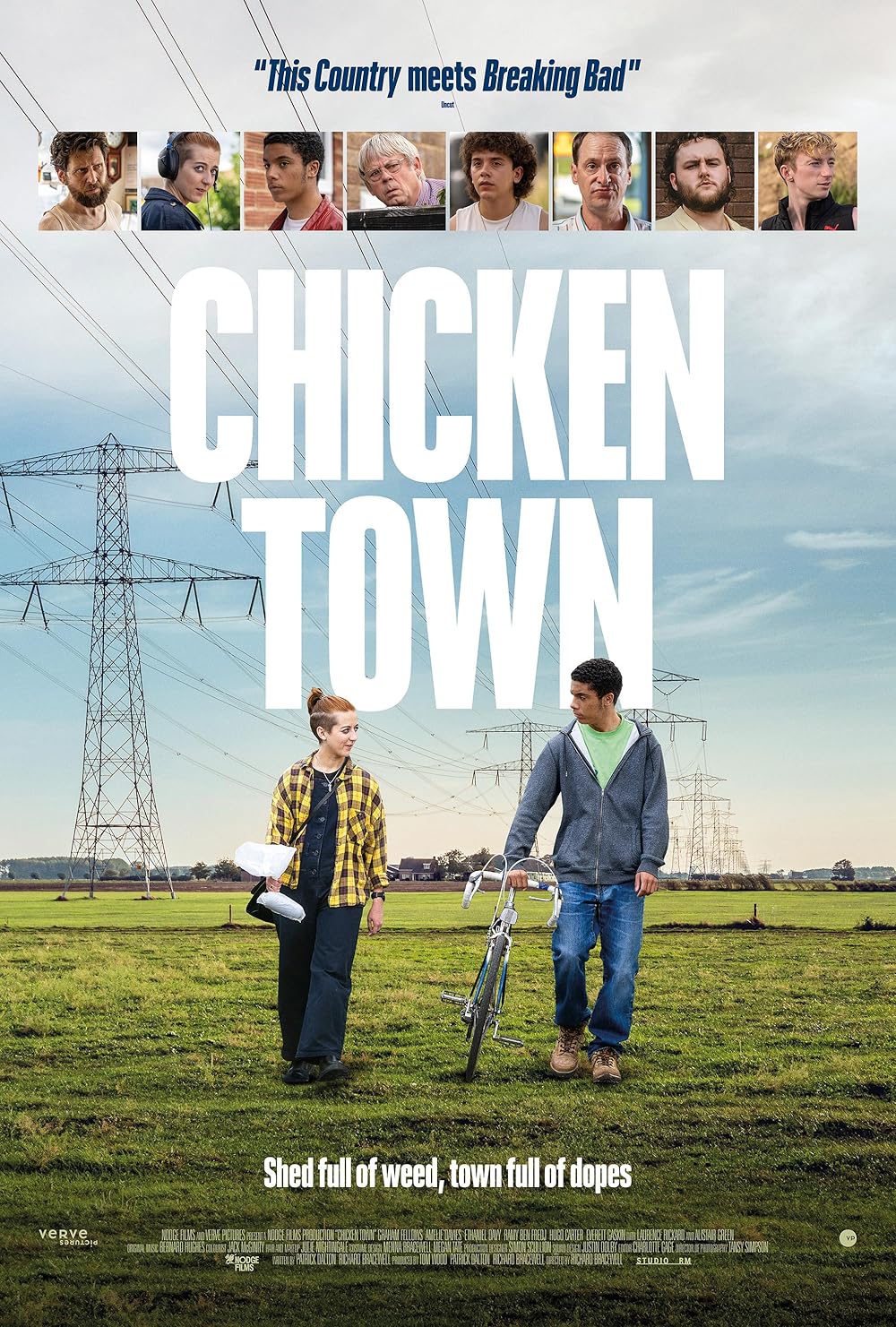 Alumni •
Alumni •Norwich lecturer celebrates world premiere of new film Chicken Town
This month sees the premiere of a new comedy film, Chicken Town, written and directed by Norwich University Lecturer Richard Bracewell.
Related courses
Discover our courses and take the first step towards unleashing your potential
- Showing 1-4 of 6 results
-
Visit the Animation and Visual Effects BA (Hons) course page

- Filter courses by study level: Undergraduate
- Filter courses by duration: Full time
- Filter courses by start month: September
- Filter courses by subject: Animation and Visual Effects
Animation and Visual Effects BA (Hons)
Wield the creative and technical skills behind the latest Hollywood movies, with teaching from the award-winning studio professionals on Norwich’s BA (Hons) Animation and Visual Effects (VFX) degree course
-
Visit the Animation MA course page

- Filter courses by study level: Postgraduate
- Filter courses by duration: Full time
- Filter courses by start month: September
- Filter courses by subject: Animation
Animation MA
Extend your creative vision and shape the future of animated storytelling through innovative animation practices and critical engagement.
-
Visit the Film and Moving Image Production BA (Hons) course page
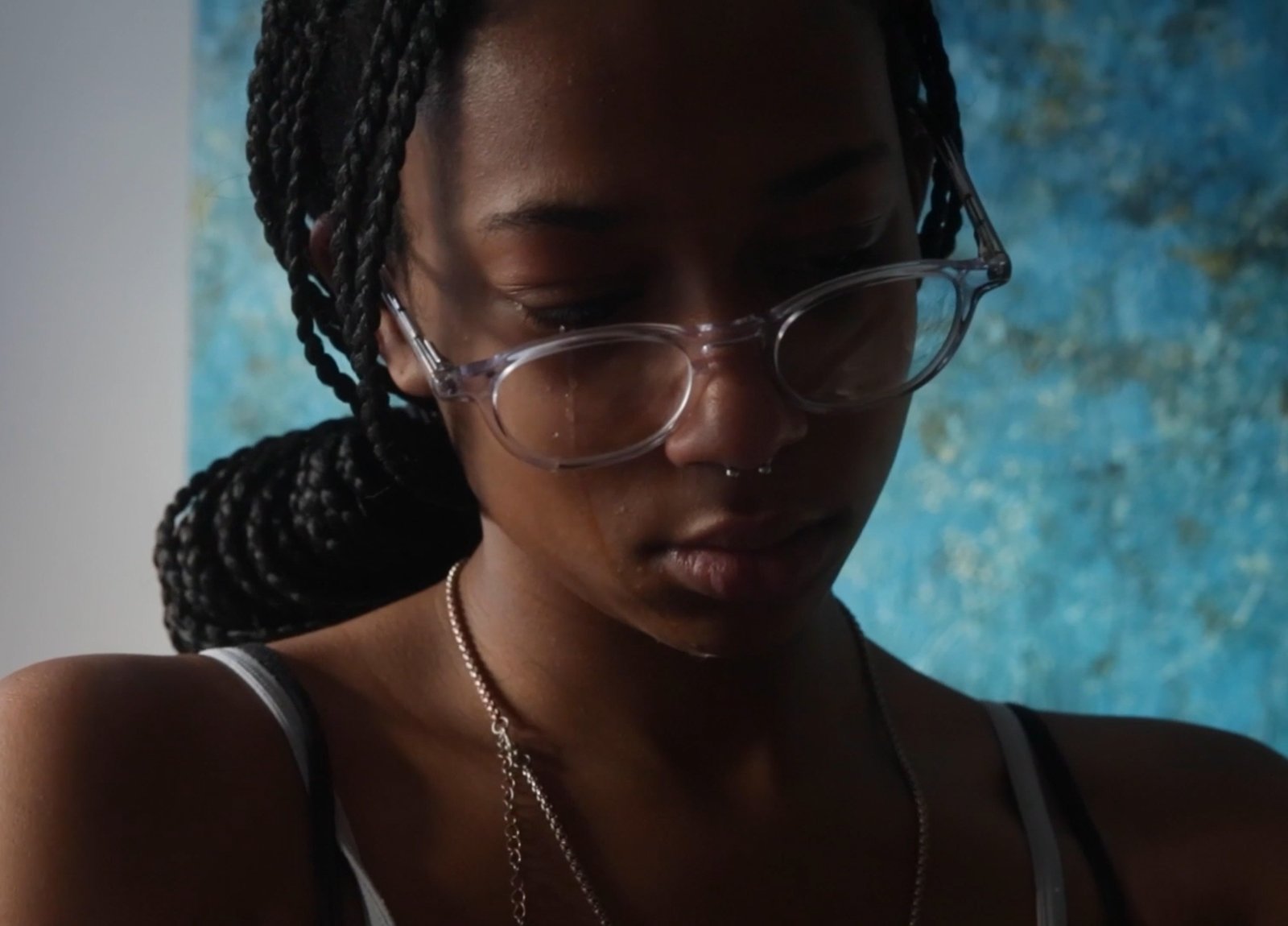
- Filter courses by study level: Undergraduate
- Filter courses by duration: Full time
- Filter courses by start month: September
- Filter courses by subject: Film and Moving Image Production
Film and Moving Image Production BA (Hons)
Unleash your artistic vision by combining the art of creative storytelling with practical industry skills across various filmmaking mediums.
-
